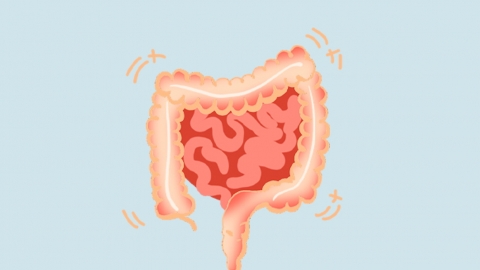Can laxatives be taken for intestinal obstruction?
Generally, if intestinal obstruction is simple, incomplete, and carries no risk of bowel strangulation, mild laxatives may be used short-term under a doctor's guidance. However, if the obstruction is complete or accompanied by signs of bowel strangulation or necrosis, laxatives must absolutely not be taken. If in doubt, it is recommended to seek medical advice promptly. Detailed analysis is as follows:

If the intestinal obstruction is incomplete—meaning the intestine is not completely blocked and the patient still has some gas passage and bowel movements—and imaging confirms no ischemia or strangulation of the bowel, doctors may prescribe mild laxatives based on the clinical situation. These medications can help soften stool and promote intestinal motility to relieve obstruction symptoms. However, such treatment must strictly follow medical instructions; self-administration of laxatives is not allowed.
If the intestinal obstruction is complete, with total blockage of the intestine, absence of gas or stool passage, or symptoms such as severe abdominal pain, vomiting, and worsening distension, there may be a risk of bowel strangulation or necrosis. In such cases, taking laxatives increases intraluminal pressure, potentially leading to bowel perforation, peritonitis, and other serious complications. Laxatives are absolutely contraindicated here, and immediate medical intervention—including surgery—is required.
When symptoms of intestinal obstruction occur, do not self-medicate with over-the-counter laxatives. Instead, go to the hospital first for imaging evaluation to determine the type and severity of the obstruction. During treatment, strictly follow the doctor’s instructions regarding diet and medication. If symptoms suddenly worsen—for example, increased abdominal pain or fever—seek immediate medical re-evaluation.




